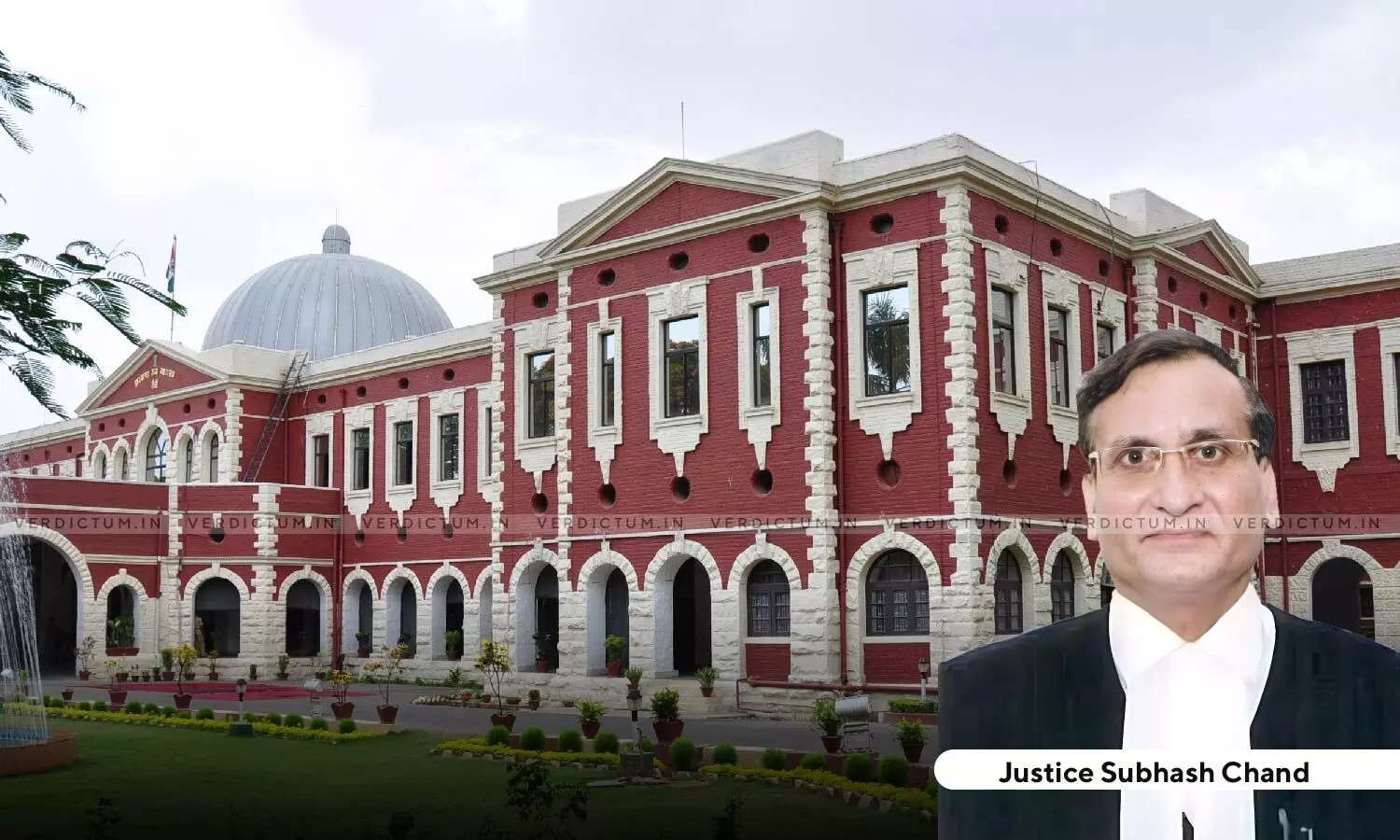
Consumer Commission Must Address Pecuniary Jurisdiction Before Considering Merits: Jharkhand HC
 |
|The Jharkhand High Court underscored that matters of pecuniary jurisdiction must be resolved before any substantive proceedings can occur.
This decision is part of the High Court's supervisory function under Article 227 of the Indian Constitution, allowing it to correct jurisdictional errors and procedural irregularities.
The case in question involved a petitioner who was named as the opposite party in a complaint lodged with the District Consumer Disputes Redressal Commission in Ranchi. The petitioner contested the Commission’s pecuniary jurisdiction from the outset, arguing that the Commission did not have the authority to hear the complaint under Section 151 of the Civil Procedure Code (CPC). The petitioner insisted that this jurisdictional issue needed to be settled before the Commission could delve into the merits of the case.
Despite acknowledging the jurisdictional challenge, the District Commission, in an order dated August 29, directed the petitioner to submit written arguments, implying that the case would be finalized if those arguments were not provided, without resolving the initial jurisdictional question. The petitioner subsequently sought intervention from the High Court.
A Bench of Justice Subhash Chand, clarified, “...in the Consumer Protection Act, 1986 which was repealed in 2019, the statutory jurisdiction are altogether separate. But so far as the jurisdiction of the High Court under Article 227 of the Constitution of the India is concerned i.e., only in regard to the jurisdictional error palpable procedural irregularity or perversity in the order by exercising the supervisory jurisdiction may be intervened.”
Advocate Rohit Sinha appeared for the Petitioner.
The High Court referenced Section 2(e) of the Tribunals Reforms Act, affirming that the term "Tribunal" includes various adjudicatory bodies listed in its schedules, among which the Consumer Protection Act, 2019, is included. The Court reiterated that the powers bestowed upon High Courts under Articles 226 and 227 of the Constitution are fundamental, granting them supervisory jurisdiction over all courts and tribunals within their territory.
After reviewing relevant Supreme Court precedents, the High Court ruled that it indeed had the authority to entertain the petition and set aside any stamp reporting that may have limited its jurisdiction. It then proceeded to address the petitioner’s concerns regarding the Commission’s order.
In its deliberations, the High Court invoked Section 21 of the CPC, which pertains to objections to jurisdiction. The Court maintained that the question of jurisdiction should be treated as a "preliminary issue" to be decided before any further proceedings. The Court added, “Even if the evidence has also been concluded, the question of jurisdiction i.e., in regard to pecuniary jurisdiction of the Commission has to be decided first, as such, the impugned order by which the Commission has directed the petitioner to file the written argument without deciding the issue of pecuniary jurisdiction first has committed palpable procedural irregularity in passing the impugned order and same can be intervened by invoking Article 227 of the Constitution of the India.”
Consequently, the High Court set aside the District Commission's order, mandating that the Commission first address the pecuniary jurisdiction issue before proceeding with the case.
Cause Title: BMW India Private Limited v. John Tapan Kongari & Anr.
Appearance:
Petitioner: Advocates Rohit Sinha, Shreyas Edupunganti, Neha Priya, Anadi Brahma